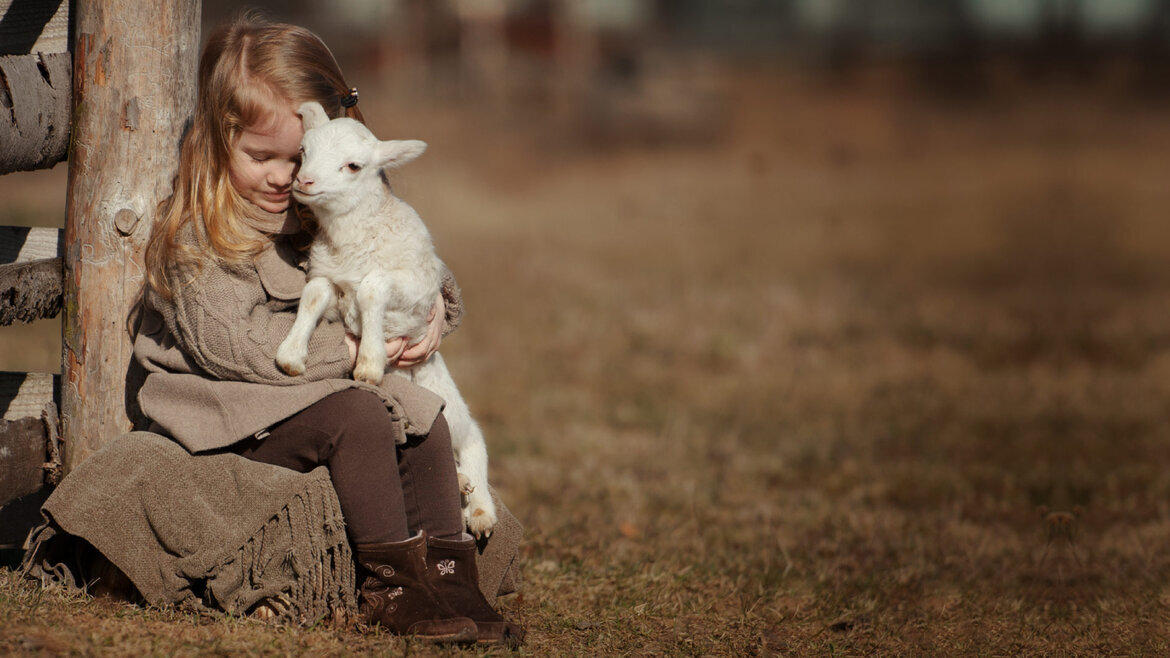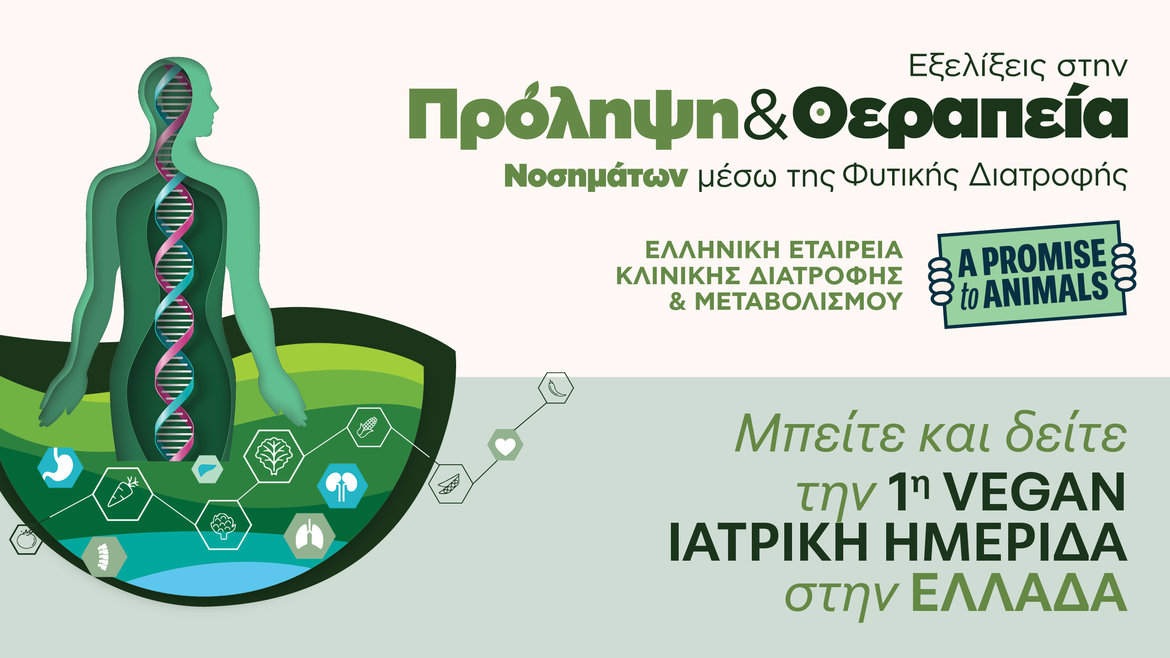A PROMISE
TO ANIMALS
TO ANIMALS
By making small changes to our daily habits, we can create a world in which no species will live at the expense of another.
our vision
To put an end to the exploitative use of farmed animals and promote an empathetic relationship between humans and all nonhuman animals.
our mission
To raise awareness about the harms of animal agriculture and the consumption of animal flesh through education, public outreach and legal advocacy, ultimately encouraging a collective transition to a plant-based diet.
Non – human animals have the right to live free of suffering and share the planet in harmony with us. Their exploitation and abuse is immoral and unjustified. The subjection of innocent beings to calculated violence and constant suffering cannot be tolerated in the modern world. Our goal through this initiative is to raise awareness about the effects of meat and animal by-product consumption, on animals, human health and the environment. An integral part of this effort is the promotion of an alternative way of life, which is based on respect for all sentient beings and the rejection of anthropocentric worldviews.
The global meat industry’s value was estimated at $ 673.8 billion in 2019, and is projected to reach $ 1032.7 billion by 2024.
The global dairy market’s value was estimated at $ 673.8 billion in 2019 and is expected to reach 1 trillion by 2024.
It is worth noting that without the subsidies provided by governments, both industries are so costly that they wouldn’t be viable.
Due to the massive amount of money and stakeholder interests involved, these industries have come up with various ways to cover up the unbearable reality of their existence.
In actual fact, slaughterhouses are legal killing centers that do everything in their power to hide the fact that all that remains of the living beings who enter their premises, are their mutilated body – parts which are carefully packaged and ready for human consumption.

Why Vegan?
Our Approach
Respecting animals is of the utmost importance since if we don’t, we must face the economic, environmental and moral aftermath of our decision.
Through our initiatives we want to make our world a better place, having a positive impact on animals, the environment and our health.
If we keep contributing to animal cruelty, it is only a matter of time before we destroy the future of our own species, which has already been jeopardized. Unfortunately, the extreme violence and needless killing of trillions of animals will continue, until we do something about it.
Now is the time to become the voice of the voiceless!
There is a reason why schools don’t plan visits to slaughterhouses and why parents feel uneasy when their children ask them how meat is made. There is a reason why most of us feel disgusted watching videos of animal slaughter online. There is a reason why most slaughterhouse workers suffer from post-traumatic stress and other mental disorders. There is a reason why the meat served on our table looks nothing like the animal that was brutally killed to produce it.
The common reason for each of these paradoxes, is that for us to guiltlessly enjoy a piece of steak, we must first apply several methods which enable us to avoid the connection between animals and meat. Each time this disconnection is erased, we are forced to open our eyes to the truth and question everything we have learned since we were children, renouncing the system that has been a part of our lives for so long, making it seemingly impossible to let it go.
At APA, we aim to help as many people as possible make the connection and stop contributing to animal suffering, through the adoption of a vegan lifestyle and the use of their consumer power, to ultimately bring forth a world in which all forms of life are valued and respected.
If the slaughterhouses had glass walls, everyone would become a vegetarian
Paul McCartney
NEWS




